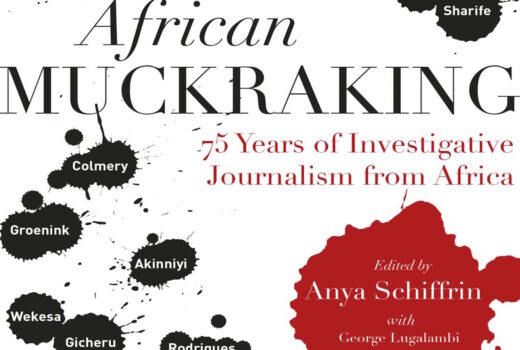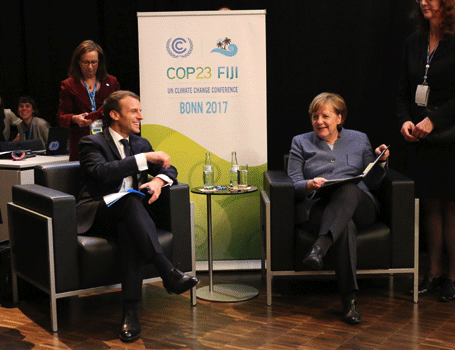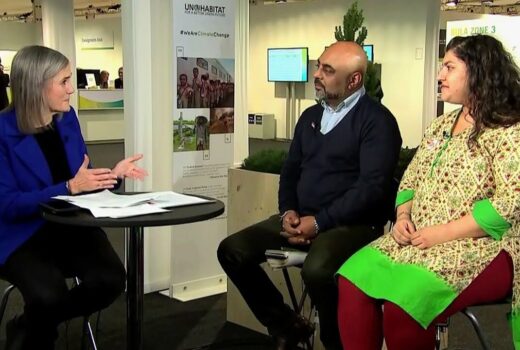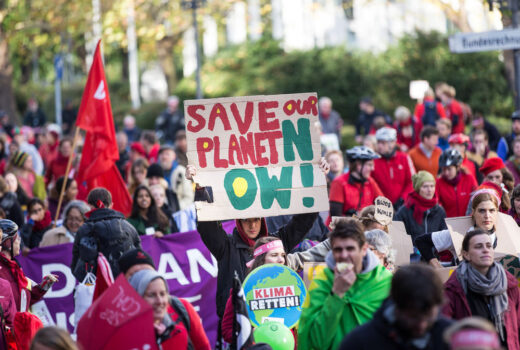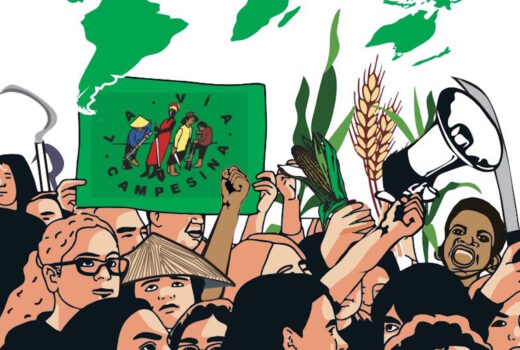Topic: Environment
Famine and epidemic disease in Africa
Article / 5th December 2017Without public recognition of the politics behind disease and famine, it is harder to hold leaders accountable, or indeed to take any measures – beyond the purely technical or charity-minded – to mitigate future disasters. And nowhere is the blindness to context in famine reporting more pervasive than in Africa, writes Alex de Waal.
A cop out at COP23?
Blog / 30th November 2017Despite a few victories, the UN’s annual climate change conference ended without achieving its goals or injecting a sense of much needed urgency.
‘Harmony with Nature’ dialogues at the United Nations
Report / 22nd November 2017Since 2009, a series of expert dialogues at the General Assembly of the United Nations has sought to define a new worldview based on a non-anthropocentric relationship with Nature. The resolutions contain different perspectives regarding the construction of a new paradigm in which the fundamental basis for right and wrong action concerning the environment is grounded not solely in human concerns.
Equity and the ambition ratchet
Report / 22nd November 2017Share The World's Resources is one of many signatories to the latest Civil Society Equity Review, which proposes a policy framework for a fair sharing of efforts and resources to meet the global commitments on keeping greenhouse gas emissions within safe limits.
Activists condemn failure of COP23 to address interrelated crises of climate, energy & inequality
Article / 20th November 2017On the last day of the United Nations climate summit in Bonn, Germany, Democracy Now! get a wrap up on the proceedings from guests Dipti Bhatnagar (Friends of the Earth) and Asad Rehman (War on Want).
Ahead of COP23 climate talks, tens of thousands march demanding end to ‘era of fossil fuels’
Blog / 7th November 2017Just days before world leaders are set to gather in Bonn, Germany for the annual United Nations Climate Change Conference (COP23), tens of thousands of activists from across the globe kicked off a series of planned actions on Saturday by taking to the streets to demand an end to coal, denounce U.S. President Donald Trump's climate denial, and highlight the necessity of moving toward 100 percent renewable energy as quickly as possible.
Understanding COP23: On the international politics of climate change
Article / 7th November 2017The following article is a resource produced by members of Demand Climate Justice to provide background on the global politics of climate change and the upcoming U.N. negotiations in Bonn.
Struggles of La Vía Campesina for agrarian reform and the defense of life, land and territories
Report / 18th October 2017On ‘Food Sovereignty Day’ La Via Campesina launches publication that calls for a massive change in the current agro-food systems
Systemic change driven by moral awakening is our only hope
Article / 12th October 2017Our core ecological problem is not climate change. It is overshoot, of which global warming is a symptom. Overshoot is a systemic issue.
Global humanitarian needs have never been higher, says UN official
Article / 4th October 2017The number of those needing humanitarian assistance is at its highest since the end of the Second World War – some 145 million people. Several protracted crises in Africa and the Middle East are deteriorating and climate-induced emergencies, sometimes combined with violent conflict, continue to wreak havoc on vulnerable communities. Amid all this, United Nations-coordinated response plans remain severely underfunded.
